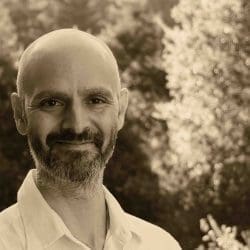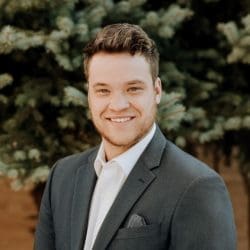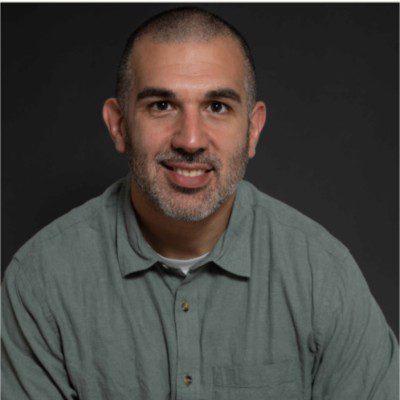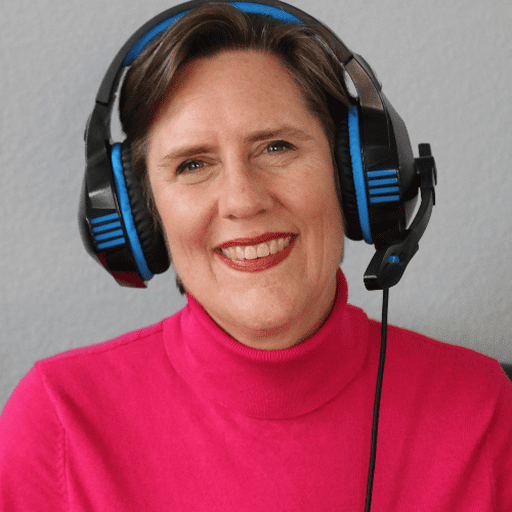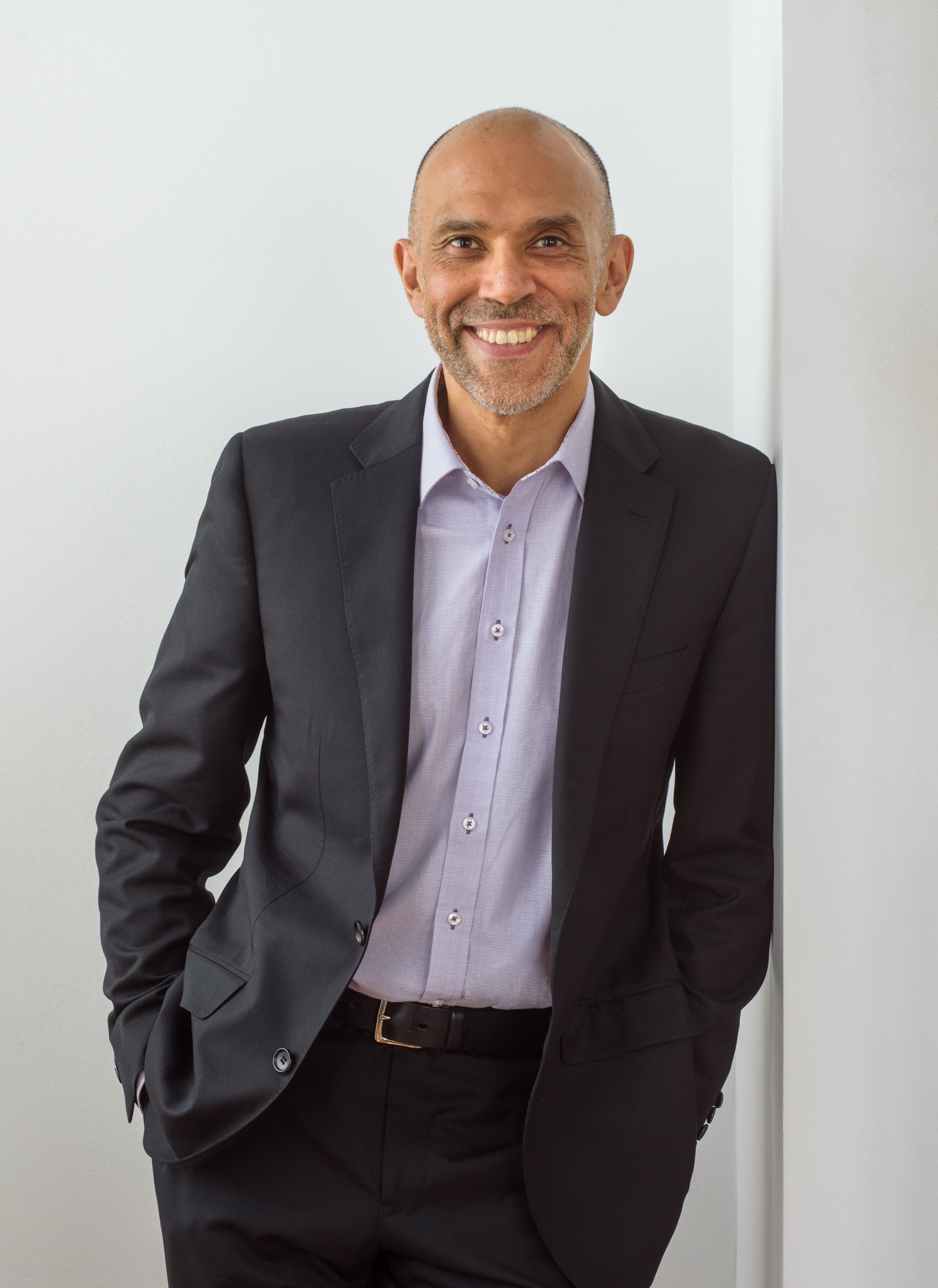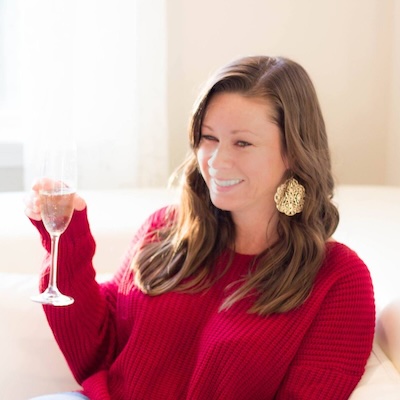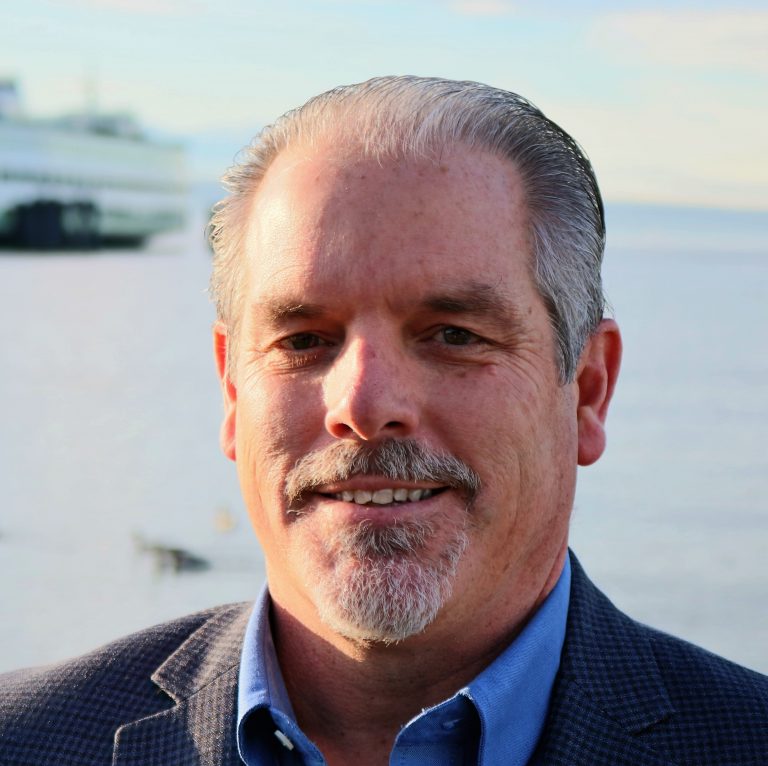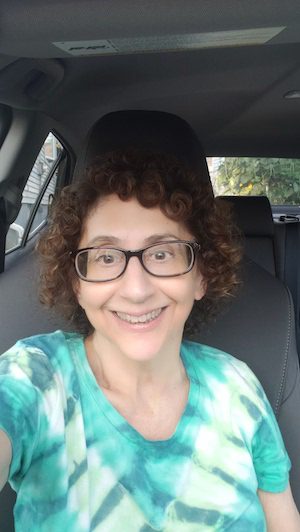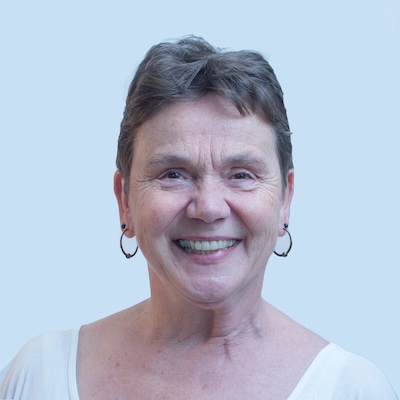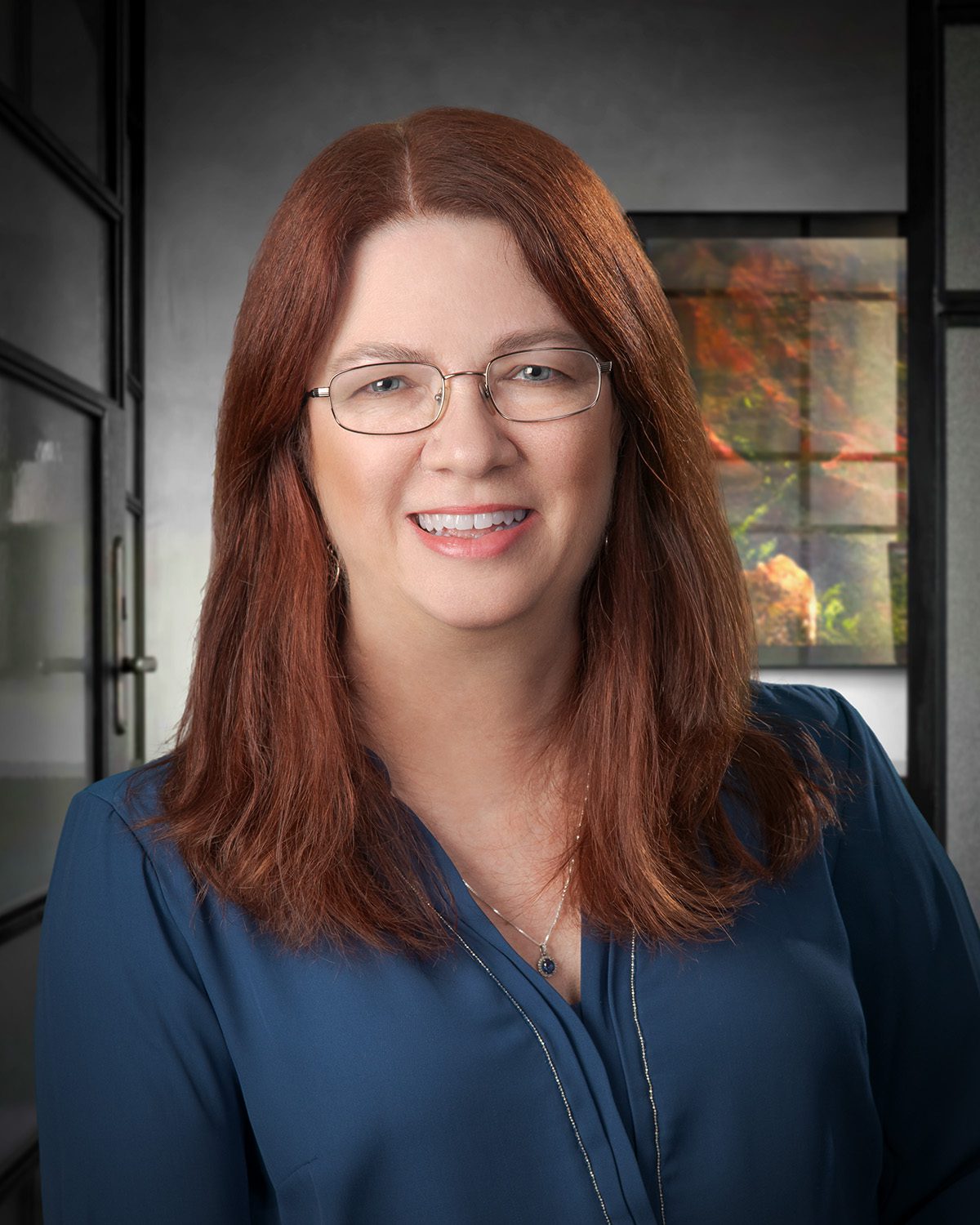"Acceptance" – Sean Gill
- "Acceptance" - Sean Gill Terry McMullen 53:06
Sean has been playing and creating music for over 30 years. He has spent most of his working life as a self-employed freelancer, playing in a jazz trio at wine bars, editing audiobooks, creating websites, and playing electric guitar with an orchestra. As you’ll hear Sean explain, towards the end of the show, he is one of those people where music just made sense to him from a very early age. There is a real magic to it that allowed him to feel some comfort in a world that otherwise seemed impossible to navigate.
Interestingly though, we spent most of the show talking more about his philosophical and scientific views. Sean spoke of acceptance as his most important value, very much in the Stoic sense. He has struggled in his life with anger issues and poor coping mechanisms, so he uses the Stoic approach to try to stop his emotions from controlling him. On script with Stoic philosophy, Sean’s goal is to try to separate himself from his visceral reactions, his social conditioning, and his ego so that he can understand the world around him more objectively.
We spent a good bit of time exploring these ideas and trying to understand if there is any shadow side to them. Does an approach that centers on acceptance force you to become cold and dismissive of other people’s suffering? Does the utility of Stoicism cause us to devalue the human/emotional aspects of life? We also tried to make sense of why human’s need a philosophy like Stoicism to live a better life. Why do we need to learn how to be human rather than just being able to trust our natural instincts?
As often happens, we also spoke about the meaning of life and the existence of a “god.” Sean falls into the category that so many of us fall into, where we don’t have any strong rational reason to believe there is a meaning to life or to try to make the world a better place– yet we feel compelled to do so anyway. He spoke about not wanting to be a nihilist, even if it may seem like the most logical conclusion. Exploring these ideas with someone who is so thoughtful and diverse in their thinking was a real pleasure for me and I hope you all enjoy it as well.




